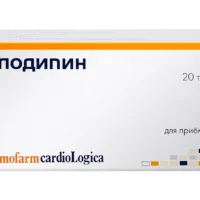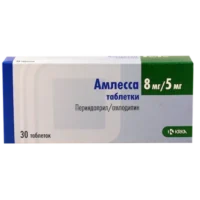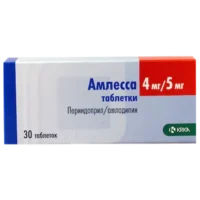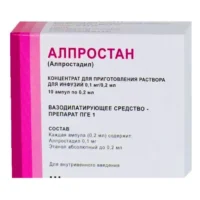Description
Zanidip (Lercanidipine Hydrochloride) Coated Tablets 10 mg. №98
Ingredients
Active ingredient: Lercanidipine hydrochloride.
Other ingredients: lactose monohydrate, maize starch, povidone, magnesium stearate, macrogol 6000, hypromellose, titanium dioxide (E171), and red and yellow iron oxides (E172).
Dosage
Recommended dosage: The usual dose is one Zanidip 10 mg tablet per day. Take the tablets whole with water, preferably in the morning before a meal.
Indications
Zanidip tablets are indicated for:
- Treatment of essential hypertension in adults.
- Can be used alone or with other antihypertensive agents.
Contraindications
Do not use Zanidip tablets if:
- You are allergic to lercanidipine hydrochloride or any other ingredients.
- You have severe liver disease.
- You are pregnant or breastfeeding.
Directions
How to take Zanidip tablets: Follow healthcare provider instructions. Do not exceed the dose. Full benefits may take weeks to appear.
Scientific Evidence
Pharmacological Effects: Lercanidipine hydrochloride, a calcium channel blocker, relaxes blood vessels, reducing blood pressure by blocking calcium channels in vascular and cardiac muscle.
Clinical Trials: Zanidip effectively lowers blood pressure with once-daily dosing. Compared to other calcium channel blockers, Zanidip shows similar efficacy but with fewer side effects.
Additional Information
Store Zanidip at room temperature, away from moisture and heat. Keep out of children’s reach. If you miss a dose, take it unless near the next dose. Regularly monitor blood pressure and response with healthcare provider.





